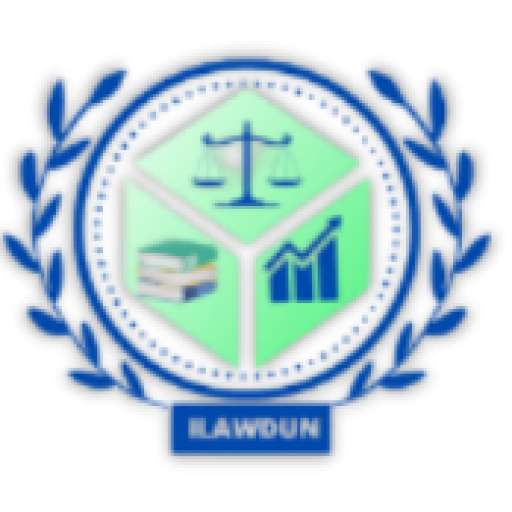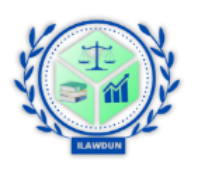A Theory of Justice-How Judges Think
‘A Theory of Justice’ and the intricate workings of judicial decision-making. This course delves into the seminal work of philosopher John Rawls and its profound implications for understanding fairness, equality, and justice within legal systems.
Rawls’ influential theory lays the groundwork for evaluating societal arrangements by envisioning a just society through the ‘veil of ignorance,’ where individuals design principles without knowing their own position in society. Drawing upon Rawls’ framework, this course critically examines the ethical and philosophical underpinnings of justice, exploring its application within legal systems and the reasoning behind judicial decisions.
Moreover, the course ventures into the minds of judges, unraveling the complex web of factors that shape their thinking processes. Participants will delve into the cognitive, moral, legal, and societal considerations that influence judges’ perspectives and the development of legal precedents.
Through engaging discussions, case analyses, and thought experiments, this course provides a comprehensive understanding of the intersection between moral philosophy, legal theory, and judicial reasoning. Whether you’re a law student, legal practitioner, or simply intrigued by the workings of justice systems, this course offers valuable insights into how judges conceptualize justice and apply it within the context of real-world legal challenges.
Join us on this enlightening journey to explore ‘A Theory of Justice’ and gain a deeper understanding of how judges grapple with moral and philosophical principles while adjudicating cases and shaping the fabric of our legal systems.







Cobus Bester – :
This album proves why The Woo are the best band ever. Best music ever!